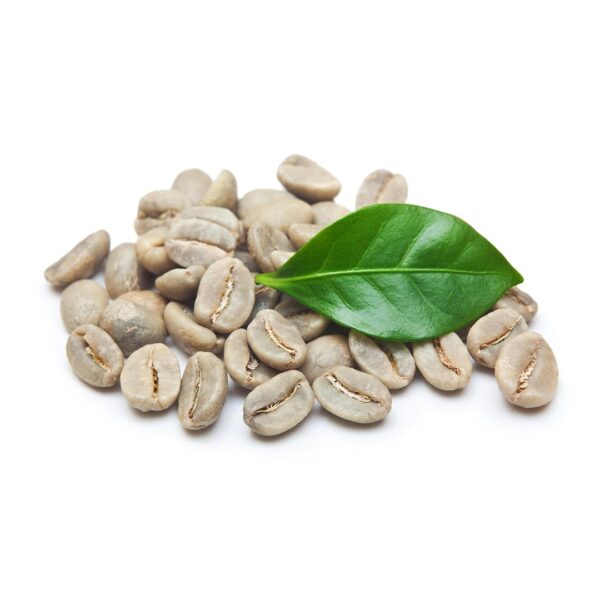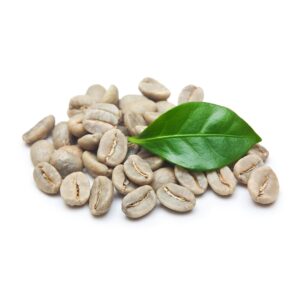Indian coffee stands out not only for its exceptional quality but also for its intricate grading system and diverse regional characteristics. Grown primarily in the lush hill tracts of Karnataka, Kerala, and Tamil Nadu, this coffee is known for thriving in shaded environments, which enhances its unique flavor profile.
India produces both fully washed and natural Arabica and Robusta coffees. These are graded based on screen size and defect count, with categories including A, AB, B, C, and PB. Specialty coffee grades such as Mysore Nuggets Extra Bold (Elephant Bean) for Arabica and the A-grade washed Robusta Kaapi Royale highlight the country’s dedication to quality. Monsooned coffees, a unique Indian specialty, add another layer of distinction.
With a history dating back to the 1600s, Indian coffee cultivation predates the country’s tea production. Traditionally grown between 700 and 1,200 meters above sea level, coffee farms in India often integrate two-tier shade canopies with leguminous, nitrogen-fixing trees, and intercrop with spices and fruits. Hand-harvested and processed either naturally or fully washed, Indian coffee is dried on patios or tables, with some larger estates utilizing mechanical dryers.
Today, 30% of Indian coffee is consumed domestically, with the remaining 70% exported. The result is a robusta coffee that captivates the senses with its strong earthy and woody notes, wild taste, and grassy sour acidity, complemented by a thick, silky body and hints of tobacco, cocoa, sweetness, and spice. This high-caffeine coffee ensures a powerful and satisfying experience for all who savor it.



